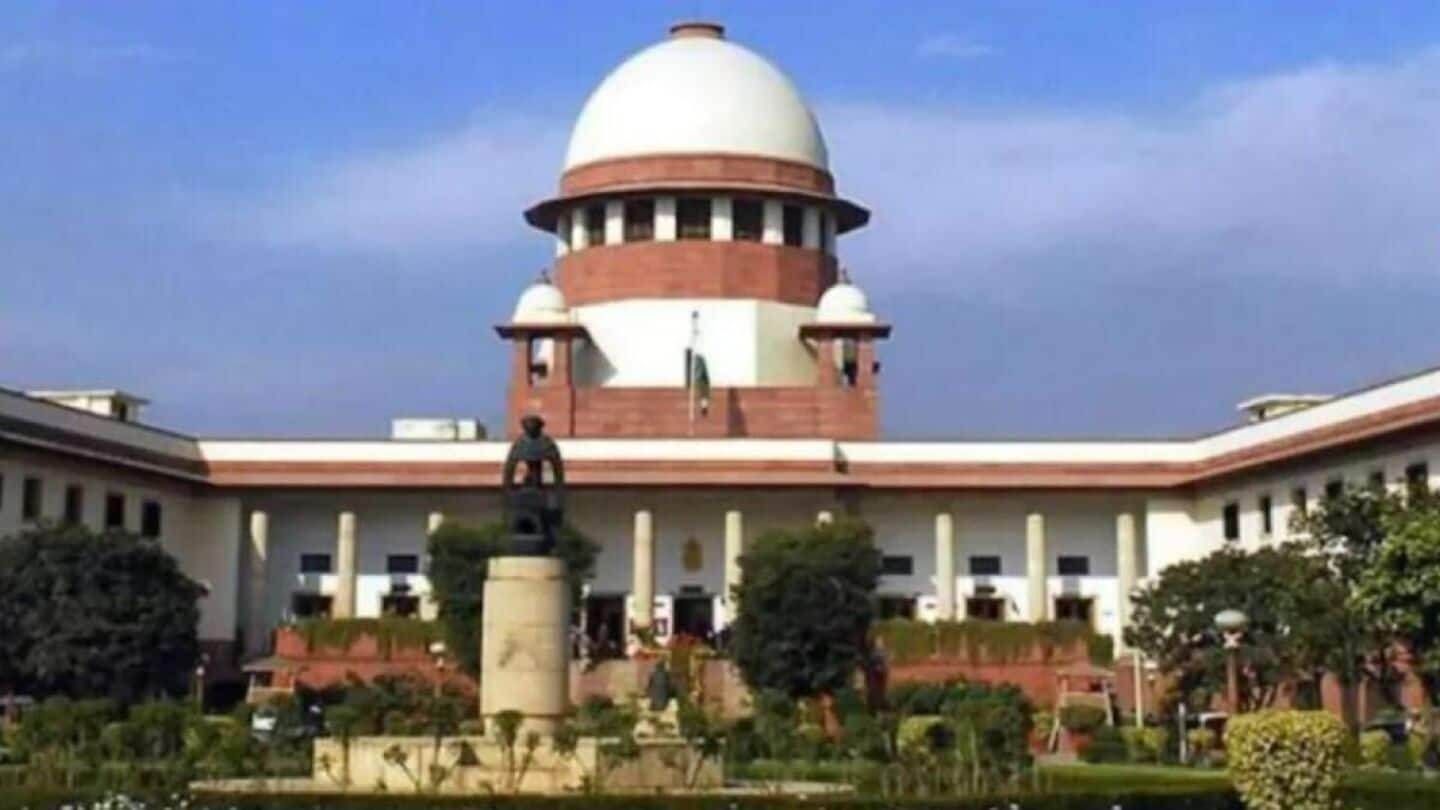
'You have…medical evidence?': SC questions why trans can't donate blood
What's the story
The Supreme Court has expressed concern over a blanket ban on blood donations by certain sections of society, including transgender persons and sex workers. During a hearing, the court urged the Union government to consult experts on eliminating the discriminatory elements from the National Blood Transfusion Council's (NBTC) guidelines while ensuring medical safety and precautionary measures aren't compromised.
Remark
Are we going to brand all transgenders as risky: Judge
Expressing concerns with the "discriminatory element," Justice N Kotiswar Singh told Additional Solicitor General Aishwarya Bhati, "What is worrying me is, are we going to brand all transgenders as risky and thus indirectly stigmatize these communities?" "Unless you can show with some medical evidence that there is some kind of link between transgenders and these diseases. You can't [say] all transgenders are involved in those kind of activities, even normal persons engage in such activities," he said.
Stigmatization
Concerns over stigmatization and segregation
Justice Surya Kant also raised concern that it would lead to branding all transgenders as high-risk and thus indirectly stigmatizing such communities. He said in the absence of significant medical evidence connecting transgenders with specific diseases, such blanket classification would be unjust. The Additional Solicitor General had defended the guidelines, saying they were issued by the NBTC based on their assessment of such groups' high-risk status for HIV/AIDS.
Legal challenge
Challenge to discriminatory blood donation guidelines
The rules in question are "Guidelines on Blood Donor Selection and Blood Donor Referral, 2017," released by the NBTC and the National Aids Control Organization (NACO) under the Central Health Ministry. According to these rules, transgender people, gay men and female sex workers are classified as high-risk for HIV/AIDS under clauses 12 and 51. Three petitions against these guidelines are pending before the SC, all filed by members of the LGBTQ+ community.
Government's position
Center's stance on blood donation guidelines
In one case, the Centre filed an affidavit saying there is sufficient evidence to prove that "transgender persons, men having sex with men....female sex workers are at risk for HIV, Hepatitis B or C infections." It further said deciding which population groups should be banned from blood donation is a prerogative of the NBTC based on scientific evidence. It states that the issues fall under the executive's jurisdiction and must be considered from a public health perspective, not individually.
Petitioners' argument
Petitioners argue against outdated guidelines
But the petitioners argue that the 2017 guidelines infringe upon their fundamental rights to equality, dignity and life. Exclusion of individuals on the basis of their gender identities or sexual orientation, they say, is an unreasonable and unscientific practice. The petitioners also point out that many countries have amended their rules to allow gay men to donate blood due to advancements in medical technology, especially in blood screening.